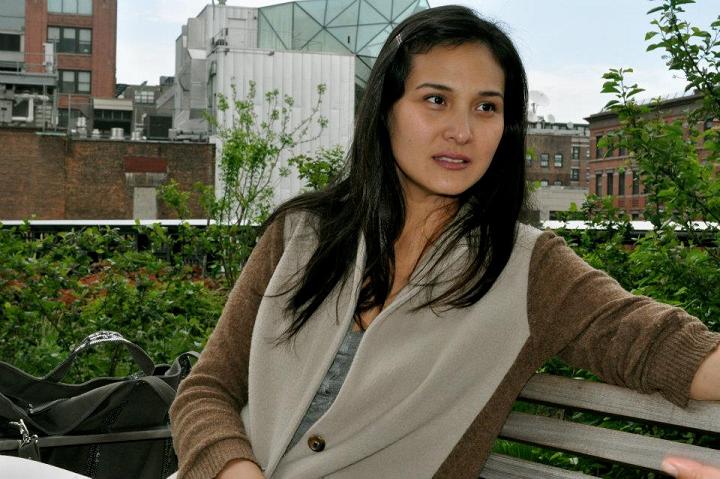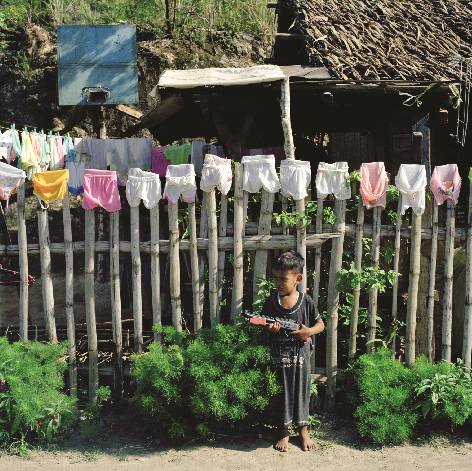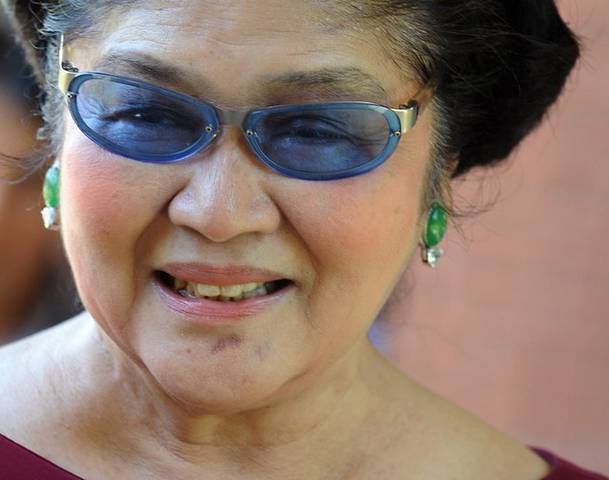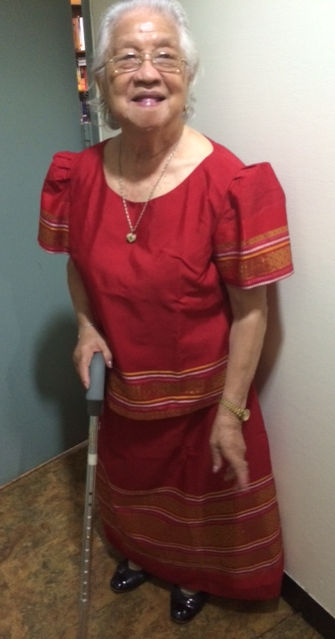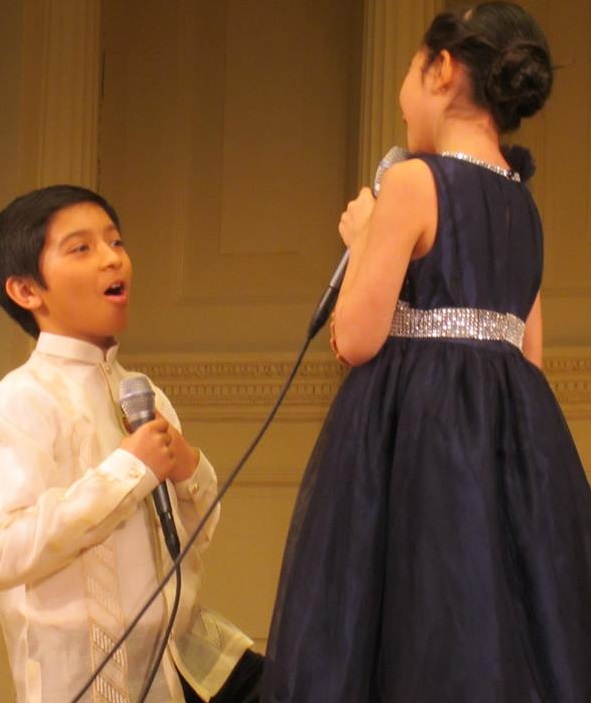Anti-Terror bill of 2020: The disintegration of democracy in the PHL
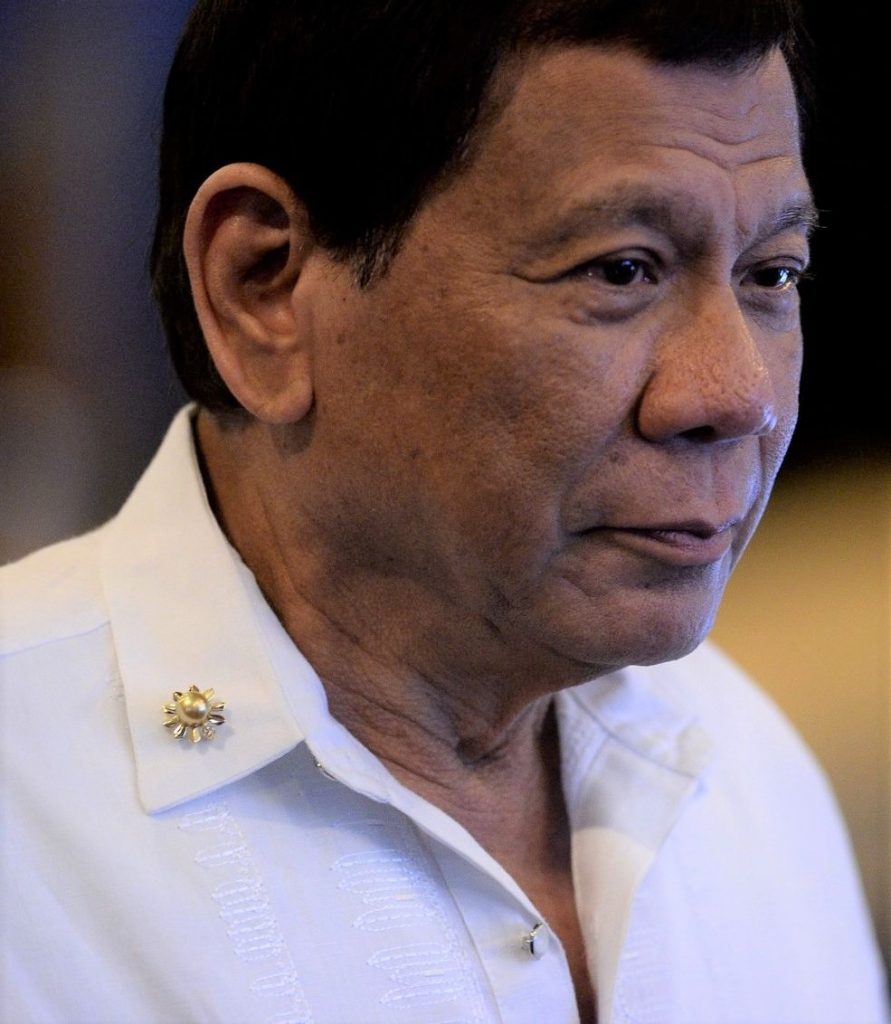
By Matthew Alonsozana
As Filipino Americans, we should constantly take pride in knowing that we are the heirs of a living tradition of quiet valor and moral courage. Many of the public health heroes who have risked so much in this coronavirus crisis are the embodiment of a spirit that infuses our culture.
While we need not look far to see how this spirit continues to animate Filipinos around the world, we also need not strain ourselves to see that the conditions of freedom, liberty, and justice that are both the prerequisites and fruits of valor and courage are under immense threat in the Philippines. Despite the incredible challenges that our country of the United States is undergoing at a moment of political and socio-economic crisis, it is imperative that we are united with those who are continuing to protect and defend these freedoms from repeated assault.

Beyond the factionalism, poverty, and inequality that constitute the systemic rot at the heart of Philippine democracy, we have watched with deep worry, if not horror and shame, at the attacking of the press, the smothering of critics, the extrajudicial killings of tens of thousands, the state-led sanctioning of misinformation, the surrendering of leadership, and the steady eroding of sovereignty to yet another foreign power. What we are witnessing is nothing less than the disintegration of democracy in the Philippines as we knew it.
The latest blow to Philippine democracy is a direct betrayal of those who gave their lives so that the Philippines may sing its own song. As with so many potential pitfalls, this most recent assault on Philippine liberty is seemingly borne out of good intentions. The Anti-Terror Bill of 2020, which has received the overwhelming support of the Philippine legislature and the current administration, on its face is a much-needed bill. Citing the horrors of the months-long occupation of Marawi, the bill’s supporters claim that these new measures will allow them to better prevent mass acts of violence. And indeed, if the bill’s distinct and targeted purpose, with the strongest of possible safeguards accompanying it, was solely to achieve these goals, then there should be no issue. Protecting the lives of Filipinos, ensuring the inviolability of its territory, and combating terrorists are the right and proper functions of the Philippine government.
However, in the context of these history-repeating assaults on democracy, both the vagueness of the bill’s expansive provisions and the weakness of its supposed safeguards are causes of grave concern. Some of its new legal provisions such as the detention of individuals for up to 24 days without court intervention, the wide-reaching powers of a new anti-terrorism council to impose individual surveillance, the creation of vague new crimes, and the weakening of penalties for wrongful detention do not take great leaps of imagination to see the overwhelming potential for abuse, further intimidation of political opponents, and the stifling of freedom of speech.
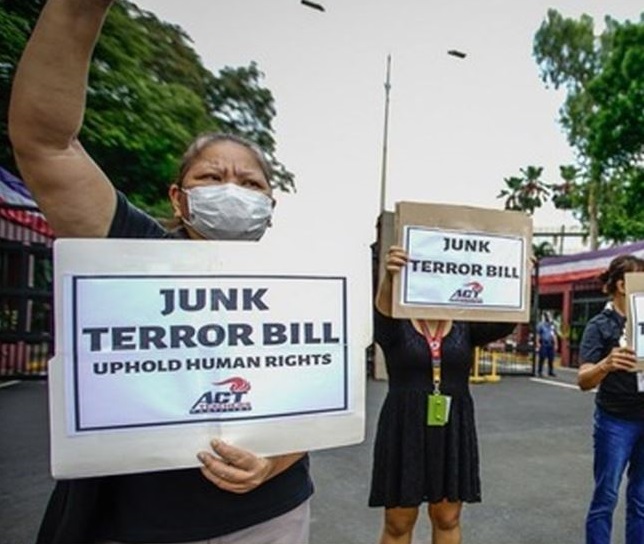
Are we to be deaf to those silenced by the Marcos regime under similar pretenses? Are we to drown out the lines from the national anthem, “Ang bituin at araw niya, Kailan pa ma’y di magdidilim”? Are we to be willfully ignorant that Rizal himself was arrested, convicted, and executed by Spanish authorities for sedition, rebellion, and “illicit associations”?
What we are seeing now in the Philippines is fundamentally a moral issue. Just as we cannot stay silent when we witness injustices in our own country, so too must we call out and oppose the oppression of a free people. Despite the seeming seductiveness of authoritarian regimes like China, their models are less concerned with the nurturing and flourishing of an individual’s God-given life than they are with controlling lives in the propagation of power.
Even if as Filipino Americans, we are separated by distance and sometimes language and generations, we are still called to help and to lead. We must continue to educate ourselves on the situation and support the free press that chronicles these issues. We can donate to support the legal efforts of advocates seeking to block this law and other measures. We can use our rights as U.S. citizens to push our own representatives to maintain or take a stand against abuses. And we must continue to pray, not only for the strength to persevere, but for the well-being of our brothers and sisters, even if they support the current state of affairs.
I write this piece as a new father, and when I look into my son’s eyes, I am filled with the wonder of new life and renewed courage. For when we act and speak out, not only are we continuing to fight for a better world for our children, but we are also showing yet again that the valor and courage that mark our heritage is something that is not only living but also a reason why we should always be proud to call ourselves “Filipinos.”
Matthew Alonsozana is the Managing Partner of Percipient Strategies LLC, an international public affairs firm, whose practice focuses on advising corporate and other entities of political risk and communications strategies. A third-generation Filipino American, Matthew resides in Ellicott City, MD with his wife, who hails from Quezon City, and his newborn son.

© The FilAm 2020

